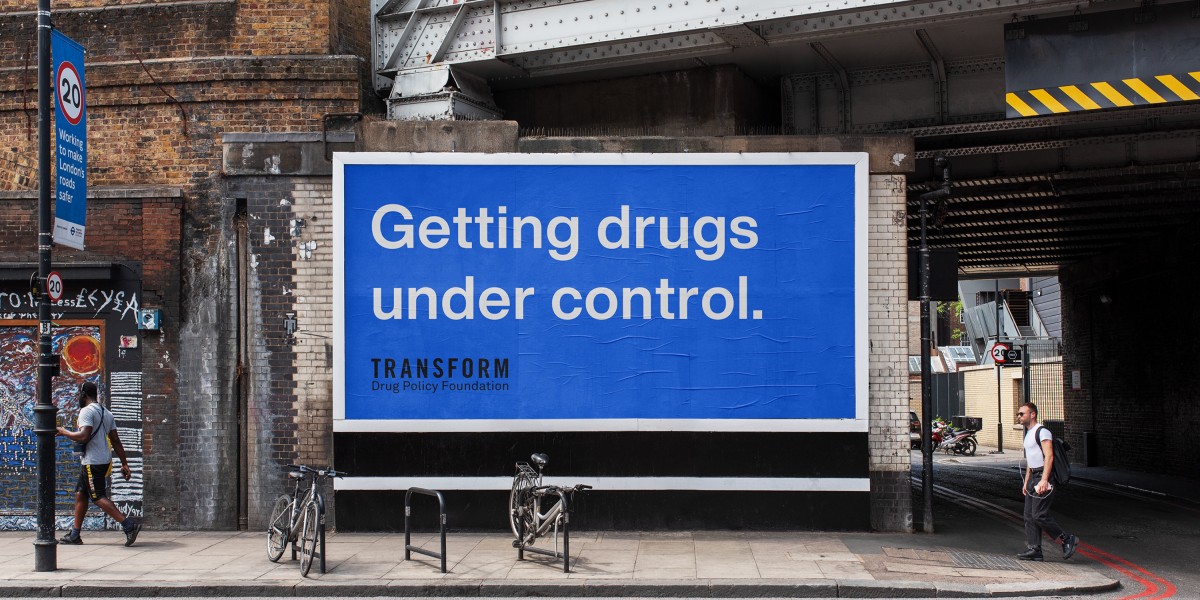The Evolving Drug Landscape in the UK: Challenges and Responses

The current drug state in the United Kingdom is characterized by evolving challenges in drug use, trafficking, and regulatory responses. The landscape is influenced by various factors, including recent legislative changes, emerging drug trends, and the interplay between public health and law enforcement strategies.
Legislative Changes
In March 2024, the UK government will implement significant amendments to the Misuse of Drugs Act 1971. This includes the classification of 20 new substances, with 15 designated as Class A drugs, four as Class B, and one as Class C. These changes aim to address the rising concerns over the misuse of new psychoactive substances and enhance control over drugs lacking known medicinal value[1].
Current Drug Use Trends
According to the latest statistics, approximately 9.5% of individuals aged 16 to 59 in England and Wales reported drug use in the past year, with cannabis being the most commonly used substance. Class A drugs, including heroin and cocaine, were reported by 3.3% of the population. The number of frequent drug users—those consuming drugs more than once a month—stands at around 2.3%, equating to approximately 777,000 people[2].
The illicit drug market in the UK is valued at approximately £9.4 billion, necessitating a coordinated response from law enforcement agencies, including the National Crime Agency and Border Force, to disrupt trafficking and supply chains[2].
Emerging Drug Threats
The landscape of drug use is shifting, with particular concern regarding the rise of synthetic opioids and benzodiazepines. Heroin, primarily sourced from Afghanistan, faces supply challenges due to geopolitical factors, leading to the emergence of potent synthetic alternatives like nitazenes. This shift has contributed to record levels of drug-related deaths, highlighting the urgent need for effective treatment and prevention strategies[3].
Additionally, the popularity of ketamine is increasing, particularly among younger users, often without adequate health messaging about its potential harms. The illicit market for benzodiazepines continues to thrive despite a decline in medical prescriptions, further complicating the public health response[3].
Government Strategies and Responses
In response to these challenges, the UK government has outlined a 10-year drug strategy focused on reducing supply and demand while enhancing treatment and recovery services. This strategy, informed by the Black Review, emphasizes a cross-government approach to tackle drug misuse and includes a commitment of £533 million to improve treatment systems[2][4].
Moreover, the Criminal Justice Bill 2023-24 proposes measures to criminalize the possession of tools used in the illicit drug trade, such as pill presses, aiming to further disrupt the supply chain of illegal substances[2].
Conclusion
The drug situation in the UK is complex and evolving, marked by significant legislative changes, shifting drug use patterns, and ongoing public health challenges. As the government prepares to implement new regulations, the focus will need to remain on comprehensive strategies that address both the supply of and demand for drugs, alongside robust treatment and prevention efforts to mitigate the associated harms. Without sustained investment and a commitment to effective policy implementation, the UK may continue to face increasing drug-related issues in the coming years.
Citations:
[1] https://www.gov.uk/government/publications/circular-0012024-control-of-20-new-drugs/0012024-the-misuse-of-drugs-act-1971-amendment-order-2024-and-the-misuse-of-drugs-and-misuse-of-drugs-designation-england-and-wales-and-scotlan
[2] https://commonslibrary.parliament.uk/research-briefings/cdp-2024-0050/
[3] https://policinginsight.com/feature/opinion/four-street-drugs-that-could-pose-the-biggest-threat-to-uk-public-health-in-2024/
[4] https://www.euda.europa.eu/publications/european-drug-report/2024/drug-situation-in-europe-up-to-2024_en
[5] https://www.nationalcrimeagency.gov.uk/what-we-do/crime-threats/drug-trafficking
[6] https://www.kcl.ac.uk/news/xylazine-infiltrated-uk-illicit-drug-market
[7] https://www.unodc.org/unodc/en/data-and-analysis/world-drug-report-2024.html
[8] https://www.legislation.gov.uk/uksi/2024/728/introduction/made